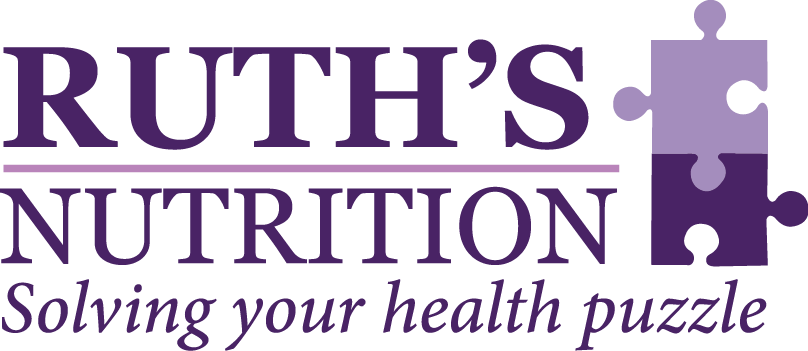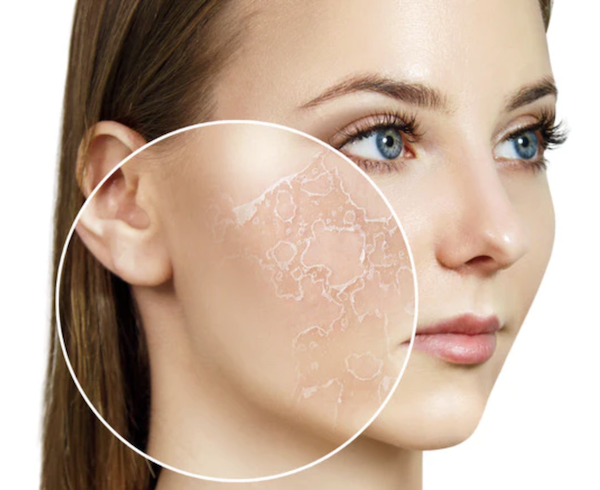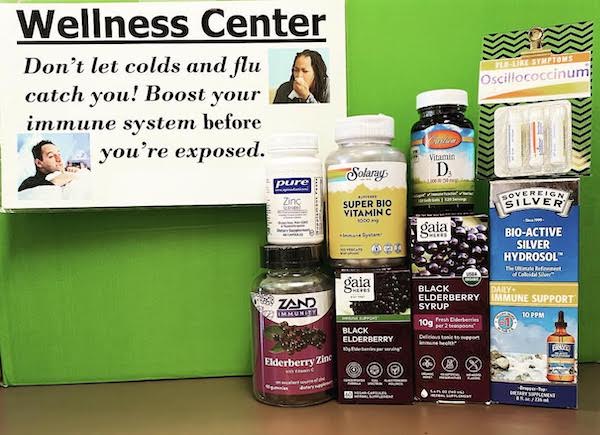Lower this marker of heart disease risk without using medication!

Have you found yourself eating more comfort foods during the pandemic – carbs, sweeties or alcohol? If so, you’re not alone, but the bad news is you might also find a big boost in your triglycerides at your next doctor’s visit. Sadly, high triglycerides can increase our risk of heart disease, including a build-up of plaque in the arteries, stroke, angina, arrhythmia, heart attack, and heart failure.
Triglycerides are a type of cholesterol, a fat that’s found in the blood after you eat. They provide your body with energy, and if it’s not quickly needed, they store that energy as fat. Problems arise when we eat too much, or eat to many of the wrong things.
About 25% of American adults have elevated triglyceride levels. Anything from 150-199 mg/dL is considered borderline high, while 200-499 mg/dL is classed as high. Levels more than that are very high.
The good news is triglycerides usually can be lowered without drugs. Here’s how:
Limit your sugar intake
The average American eats about 14-17% of daily calories from sugar, while the American Heart Association recommends consuming no more than 10% daily. Sweets, soft drinks, and fruit juice often are the culprit.
One 15-year study found those who ate at least 25% of their calories from sugar were twice as likely to die from heart disease as those who consumed less than 10%. Even simply replacing sugary drinks with water can reduce triglycerides in many people.
Eat more fiber
Getting more fiber in your diet can slow absorption of fat and sugar in the small intestine, helping to reduce triglyceride levels in your blood.
A small study in teens found that eating a high-fiber cereal along with a high-fat breakfast reduced the level of triglycerides by 50%. Besides certain cereals, fiber can be found in fruits, vegetables, whole grains, nuts, seeds, beans, and supplements.
Reduce your carb intake
Because carbohydrates, especially refined carbs, basically turn to sugar in your digestive system, it stands to reason that lowering your carb intake can lower your triglyceride levels.
Several studies bear this out, with one 6-month study finding that those on a low-carb diet had greater decreases in triglycerides than those on a low-fat diet.
Exercise regularly
Aerobic exercise is your superpower against high triglycerides. It can increase HDL (the “good” cholesterol), while lowering triglycerides. The American Heart Association recommends getting 30 minutes of aerobic exercise 5 days a week. That can be brisk walking, jogging, bicycling, or swimming.
Studies show that higher intensity exercise for a shorter amount of time is more effective in this endeavor than exercising at moderate levels for longer periods. But any exercise is better than being sedentary.
Limit alcohol intake
Alcoholic beverages often are high in sugar and carbs. If the calories they deliver go unused, high triglycerides can result. Some studies show even moderate alcohol consumption can increase blood triglycerides by up to 53%.
Consume omega-3 oils
You can do this by eating fatty fish at least twice a week or taking fish oil supplements. Omega-3 oils are a proven superpower against high triglycerides. Numerous studies show regular consumption can decrease triglyceride levels and several other risk factors of heart disease.
Aim for a healthy weight
When you eat more than your body really needs, you gain weight. Studies show losing just 5-10% of your body weight significantly reduces triglycerides.
Supplements to consider
In addition to omega-3 oils, several supplements have been studied for lowering triglyceride levels with good result.
Fenugreek – Small studies show fenugreek seeds lower total cholesterol, LDL, and triglycerides. They also may help improve blood sugar levels.
Guggul – Found in many cholesterol-lowering formulas, this herb proved as effective as prescription drugs at reducing triglycerides and cholesterol in animal studies.
Curcumin – A review of seven studies found curcumin supplementation caused a significant drop in both triglyceride and LDL cholesterol levels.
Garlic – Several animal studies prove that garlic supplementation can reduce triglyceride levels.
REFERENCES



